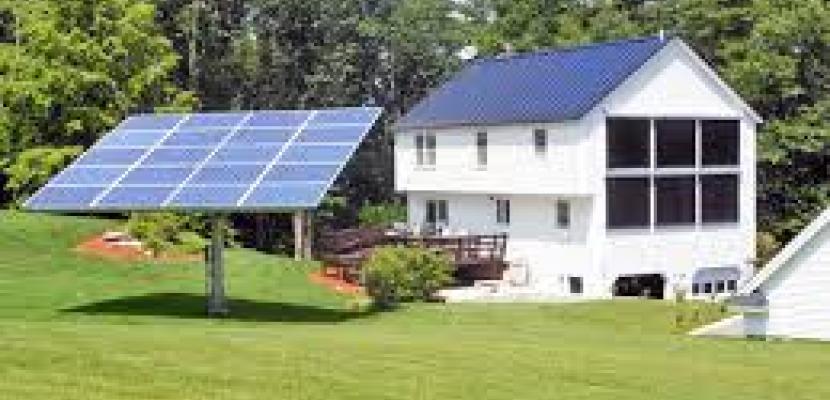
Remote renewable energy power plants for prosumers

About this good practice
In 2019 Lithuanian Parliament approved amendments to the Laws on Renewable Energy and on Electricity which opened opportunities for any electric energy user to become electricity producing consumers and consume electricity generated from remotely situated renewable energy sources. Consumers will be able to build a power plant in one location, while its generated energy can be consumed in a different location, for example, to produce electricity in a farm and to consume it in their apartment. Electricity generated in such plant would be supplied to the electricity grid, while during the accumulation period; every resident will be able to recover the quantity of electricity supplied to the grid, by paying only a fixed fee for the use of the electricity system. This created an attractive, flexible and progressive system promoting electricity users to produce and consume green and clean electricity, to enable quicker investment payback and to feel tangible benefits sooner, through smaller bills for electricity. This brought opportunity to multi-apartment building owners as before that the only one option was to install such power plants on the roofs of their block of flats.
This model enables consumers (incl. vulnerable groups to produce and consume renewable energy in much more simplified way and allows to avoid technical risks related to technical and behavioral challenges.
Model allows power plant developers to sell or to rent (or both) the power plants to the prosumers.
Expert opinion
Decentralised energy generation will be essential for tackling our carbon emissions with widespread roll-out of renewable technologies at small scale and is being encouraged under the revised Renewable Energy Directive (RED II). National and regional governments will have to play an enabling roll to create frameworks to ensure rollout, and Lithuania’s example is a strong one. This net-metering scheme enables decentralised generation where there is space and renewable resources, for consumption at another grid connected site at no-cost (except grid costs). It helps to overcome space limitations in cities, and particularly for blocks of flats where roof space is limited, and will undoubtedly also stimulate new business model development as companies rent/lease space and technologies and take advantage of the new provisions. The increase in prosumer rates already achieved is impressive.
Resources needed
No additional financial resources needed. Human resources at the level of policy makers. The average cost of building remote power plants is about 950 euros per 1 kW + annual administration fee of 20 euros. The price of 1 kWh of storage services is 0.045 euros for use electricity networks.
Evidence of success
At the end of 2020 there were more than 10 MW remote solar power plants being built in Lithuania. It should be noted that all new power plants were started after model indicated in this good practice was introduced.
The numbers of prosumers in Lithuania increased significantly - from 1,097 in 2018 to 3,592 in January 2020 and to 7,159 prosumers in September 2020.
Potential for learning or transfer
Other partners can learn about models / innovations that enables countries to boost the use of the renewable energy sources in cases when there are technical (not enough space for installations, roof orientation or obstacles, cultural heritage, etc.) or behavioral (people don’t like or are not comfortable with changes, don’t trust new technologies, waiting for new more innovative technologies etc.) challenges or other renewable power sources are considered (e.g. high capacity wind power plants).
Further information
Website
Good practice owner
You can contact the good practice owner below for more detailed information.
Ministry of Energy

